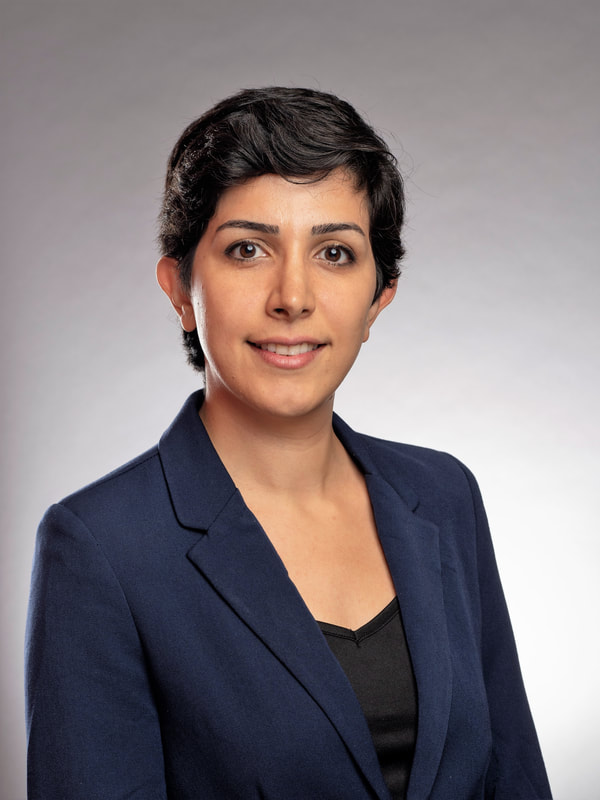|
|
Assistant Professor of Philosophy, The Ohio State University
PhD in Philosophy
MSc in Applied Economics
PhD in Philosophy
MSc in Applied Economics
|
Hello! I am an assistant professor of philosophy at the Ohio State University. My work lies at the intersection of social and behavioral sciences, social and political philosophy, and ethics. Much of my research is concerned with examining the possibility of sustainable change in complex and dynamic social systems and the moral implications of such a possibility. Social Movements My dissertation, “The Morality of Social Movements,” relies on network and complex dynamic system theory to answer three main questions about how we should respond, morally, to a chronic and complex social problem like racial or gender inequality: (1) Why do the current interventions to address these problems fail? (2) Do social movements like the Black Lives Matter movement play any unique role in addressing these problems? (3) What is our individual responsibility to participate in social movements? In response, I argue that the explanatory frameworks that we choose so as to understand the cause(s) of social problems partially explain the inadequacy of our interventions. I compare different explanatory frameworks to make a case for an alternative approach that relies on complexity theory. I use this alternative approach to argue that progressive and sustainable social change is possible and that social movements play a unique role in making such change a reality. I further argue that supporting at least some social movements is a moral imperative. Social Explanation My post-dissertation research is guided by the idea that a proper understanding of any social phenomenon with normative significance, such as oppression or social injustices, needs to account for not only its harms but also the causes of those harms. Given that our methodological and metaphysical assumptions alter what we consider plausible causal explanation, our choice of explanatory frameworks becomes crucial. In my work, I focus on the explanatory frameworks we use in public discourse, political debates, and policy design to address issues relevant to class, race, and gender inequalities in the United States. I discuss the shortcomings of the dominant frameworks to make a case for an alternative approach based on complexity theory. Evolutionary Game Theory and Oppression Without a Tyrant In addition to the social explanation project, I use formal methods such as evolutionary game theory and computational simulations to formalize a theory of change in response to various social injustices. The focus of this work is on decentralized but pervasive forms of oppression and social injustice, mostly in the context of the United States. I provide a novel formalization of power in the evolution of inequality and injustice. |

